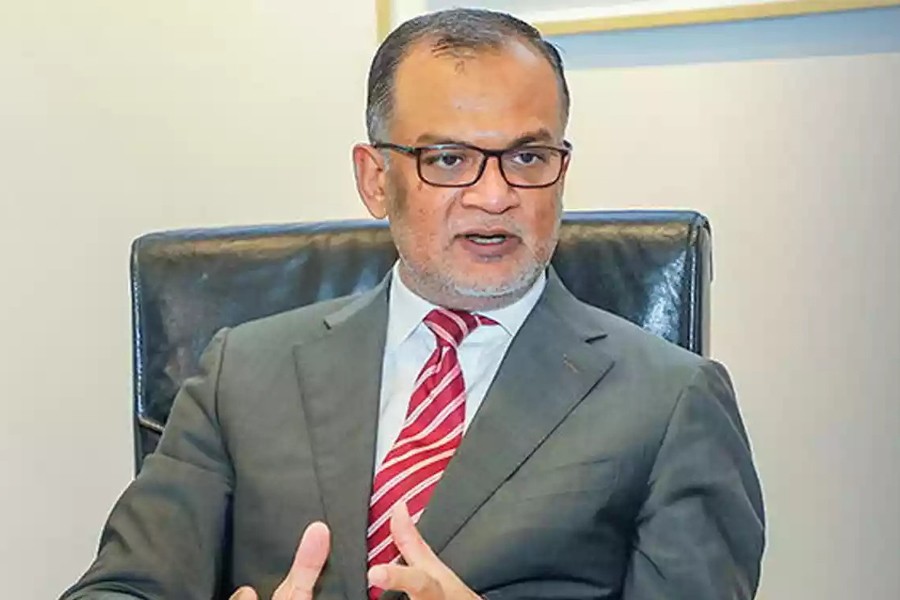Commerce Adviser Sk Bashir Uddin has expressed confidence that there will be greater participation in leather preservation efforts in the upcoming year, following the success of this year’s preservation practices.
Bashir Uddin noted that those who preserved leather last year received better prices, creating a distinct advantage for them over those who did not. He emphasized that with continued government support, more people are expected to engage in leather preservation next year.
This statement was made during the third meeting of the Committee for Ensuring Proper Management of Qurbani-related Issues, held at the Ministry of Commerce in Dhaka on August 6, 2025.
In his address, the Adviser highlighted the significant amount of raw leather collected during Eid-ul-Azha this year. A total of 91,36,734 animals were sacrificed, and 60,45,220 hides were preserved by madrassas, orphanages, Lillah boardings, and local tanners.
Chattogram Division led the preservation efforts, with 15,48,000 hides preserved, followed by Dhaka with 14,09,000, and Rajshahi with 13,90,000.
The meeting also identified several challenges in managing sacrificial animal hides, including the organisation of animal markets, the removal of unauthorized markets, ensuring fair pricing for hides, and the absence of designated spaces for animal sacrifices.
The committee also highlighted the lack of sufficient knowledge on hide preservation and the insufficient infrastructure for permanent hide storage.
To address these issues, the committee made several recommendations for the next Eid-ul-Azha, including the establishment of guidelines for animal market management, the creation of Standard Operating Procedures (SOPs) for waste management, and the enhancement of institutional capacity for hide collection and preservation.
The committee also suggested the creation of a database for seasonal and permanent leather traders and slaughterhouse workers, along with necessary training programmes. Additionally, it proposed the establishment of hide processing infrastructure at Common Effluent Treatment Plants (CETPs) to handle the large volumes of hides produced during Qurbani.
In response to the growing demand from leather traders and businesses, the committee recommended allocating space near Dhaka for hide storage and preservation, along with the required infrastructure.
These recommendations aim to improve the management of leather preservation and support the development of a sustainable leather industry in Bangladesh.


